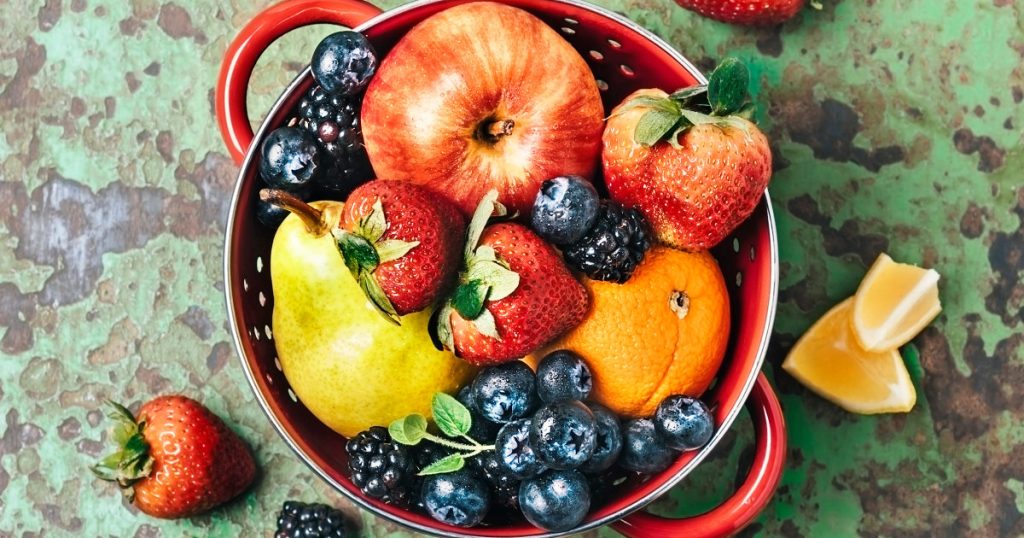Fiber is an essential part of a healthy diet that has numerous health benefits for the body, from the gut to the heart. Dietary fiber, found in plant foods like fruits, vegetables, legumes, and whole grains, is divided into two types: soluble and insoluble. Soluble fiber dissolves in water, forming a gel-like substance that slows down digestion, while insoluble fiber absorbs fluids and increases stool bulk. Together, these types of fiber help maintain bowel health, aid with digestion, manage blood sugar levels, and remove waste from the body.
The benefits of fiber go beyond digestion. Soluble fiber can help lower cholesterol levels by clearing bad (LDL) cholesterol from the body, and studies have linked fiber consumption with reduced cholesterol levels. Fiber can also slow the absorption of sugar and lower blood glucose levels, potentially reducing the risk of type 2 diabetes. Additionally, fiber can promote heart health by aiding in weight management and weight loss. With its many health benefits, fiber plays a key role in keeping the body functioning optimally.
The recommended daily intake of fiber varies depending on age and sex. For adults under 50, men should aim for 38 grams per day, while women should aim for 25 grams. Adults over 50 should consume slightly lower amounts, with men aiming for 30 grams and women for 21 grams. In general, experts recommend striving for at least 30 grams of fiber per day for adults. Fruits are an excellent source of fiber, and people should aim to eat at least two servings of a variety of fruits daily to meet their fiber needs.
There are many fiber-rich fruits to choose from, including pears, raspberries, apples, blueberries, avocados, guava, figs, oranges, prunes, kiwi, and strawberries. These fruits are not only rich in fiber but also contain essential vitamins, minerals, and antioxidants that benefit overall health. Incorporating these fruits into the diet can help increase fiber intake and promote gut and heart health. Whether eaten on their own, added to yogurt or salads, or blended into smoothies, these fruits provide a natural and delicious way to boost fiber consumption.
Fiber-rich fruits like pears offer a juicy and sweet treat that provides a significant amount of fiber and other key nutrients. Raspberries are bursting with flavor and antioxidants, making them a nutritious addition to any diet. Apples, blueberries, and guava are also excellent sources of fiber that offer a wide range of health benefits. Prunes, kiwi, strawberries, and oranges are convenient and delicious options that can help meet daily fiber needs while providing hydration and essential nutrients.
Incorporating fiber-rich fruits into the diet is a simple and effective way to optimize health and well-being. From improving digestion and bowel health to promoting heart health and weight management, fiber plays a crucial role in overall health. By consuming a variety of fiber-rich fruits daily, individuals can reap the numerous benefits of fiber while enjoying delicious and nutritious snacks and meals. With so many options to choose from, it’s easy to find fruits that suit individual preferences and dietary needs while boosting fiber intake and supporting a healthy lifestyle.













